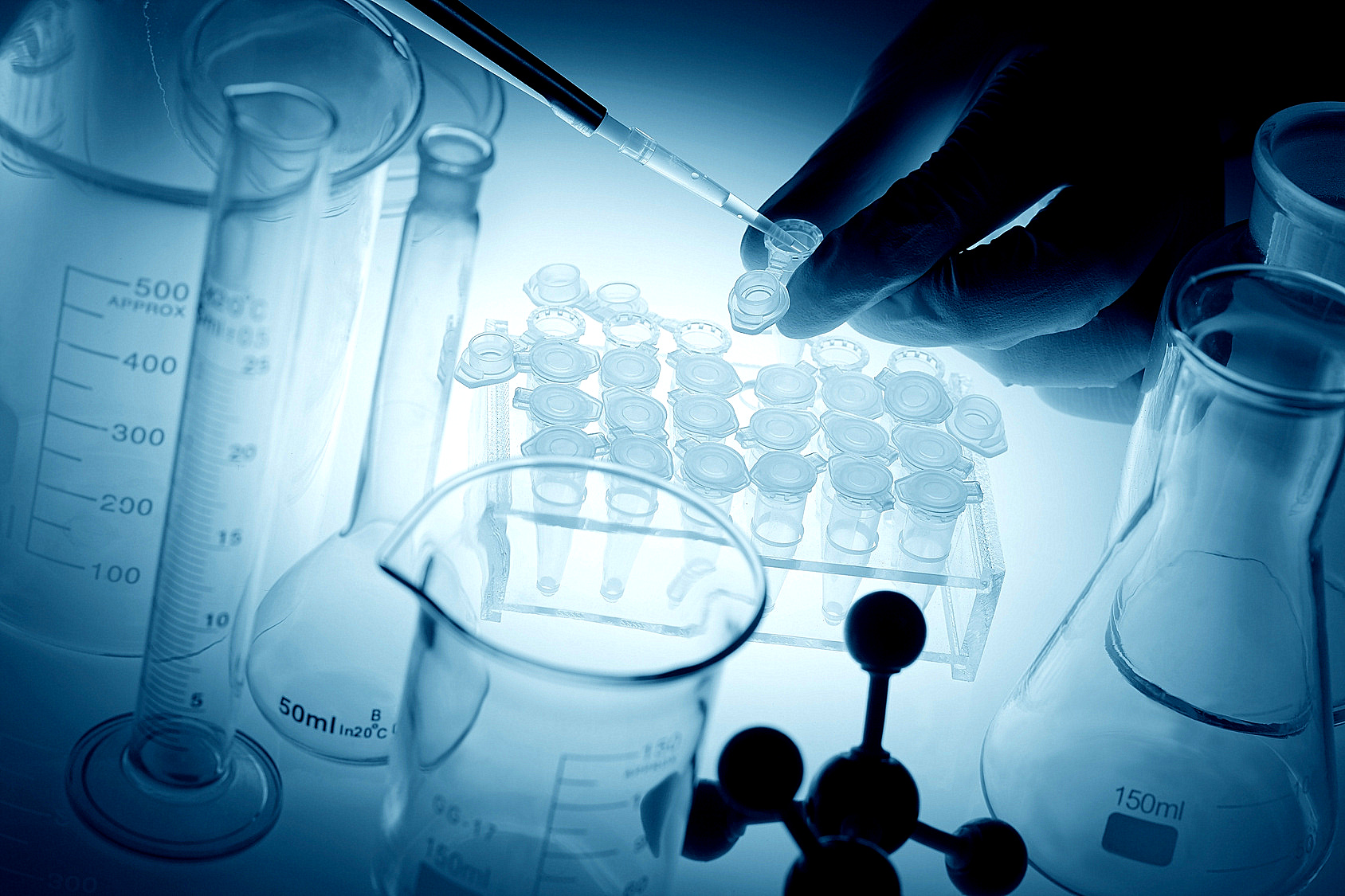The result of a genetic test does not indicate the current health status. Detecting a genetic mutation is not equivalent with neoplasm development at a given moment. It proves increased predisposition, a predisposition for developing neoplasm at a much younger age than the population average, and therefore, it indicates that there is a need to introduce appropriate prophylaxis.
There is also a possible risk of transferring a mutation onto offspring. It should be remembered that people do not normally inherit diseases but only predisposition for diseases. Excluding a mutation, at the same time, is not equivalent with excluding a possibility that neoplasm might develop. People who are not carriers may at the same time be exposed to environmental risk factors and neoplasm development at a later age.
Neoplasm genetic predisposition tests may be performed by anybody, however, the target group is composed mainly of people who currently suffer from neoplasm or people who have undergone treatment to check if their disease has genetic background and what is the possibility of transferring such genetic predisposition onto their offspring. Test clients also include family members of people suffering from neoplasm.
Genetic test result is unchangeable, so there is no need to run the test again. Because of the fact that tested changes take place in each of the cells of which the organism is composed, it makes no difference at which moment in life a test is performed. Test result does not change once a diseases develops. An exception is somatic cells, which only relate to neoplasm tissue and are not hereditary.
We recommend to you multi-genic predisposition tests. Singular tests are meant for people in families of whose mutations increasing neoplasm risk have already been diagnosed, or if there is clear medical rationale for testing a specific gene.
Because of many difficulties and often wrong interpretation of genetic test results, it is recommended that each genetic test result should be consulted with specialist genetic advisory clinic.
Due to the fact that genetic tests are specific type of tests, and their results may have huge influence on patients and their families' personal life, tests on genetic predisposition for neoplasm may only be performed for adult people, who express conscious consent for making such genetic tests. An exception is diagnostics of mutations in gene RET.
Cystic Fibrosis – analysis of 9 mutations of CFTR gene
Breast cancer and ovary cancer – analysis of 5 mutations of BRCA1 gene
Breast cancer and ovary cancer – analysis of mutation C5972T of BRCA2 gene
Genetic predisposition for breast cancer and prostate cancer – analysis of mutations of gene NBS1 (NBN)
Genetic multiorgan predisposition for neoplasm – analysis of mutations 3020insC of NOD2 gene
Genetic multiorgan predisposition for neoplasm – analysis of mutations of gene CHEK2
Genetic multiorgan predisposition for neoplasm – analysis of mutation A148T of CDKN2A (p16) gene
Genetic multiorgan predisposition for neoplasm – analysis of polymorphism of CYP1B1 gene
Alzheimer's disease and arteriosclerosis – genotyping ApoE
Neonatal diabetes – analysis of a mutation of KCNJ11 gene
Thrombosis – mutation of factor V Leiden of gene F5 (R506Q)
Analysis of 16 mutations of RET gene – genetic predisposition for medullary thyroid cancer
Thrombosis – mutation of prothrombin gene F2 (G20210A)
Neural tube defects and embolic thrombosis – analysis of polymorphism of MTHFR gene (C677T and A1289C)
IL28B genotyping – prognosis of response to treatmentin HCV infection (polymorphisms rs 12979860 and rs8099917)
IL28B genotyping – prognosis of response to treatmentin HCV infection (polymorphisms rs12979860)
IL28B genotyping – prognosis of response to treatmentin HCV infection (polymorphisms rs8099917)
Celiac Disease – identyfication of haplotypes HLA-DQ2 and HLA-DQ8
Diagnostics of polycythemia, thrombocythemia and myelofibrosis – analysis of a somatic mutation of JAK2 gene (pV617F, G1849T).
Diagnostics of colorectal cancer – analysis of somatic mutations of KRAS gene (12 and 13 codon of protein sequence)
Panel of predisposition for genetically conditioned thromboembolism disorders – gene of prothrombin F2, factor V F5 and MTHFR
Panel of genetic predisposition for breast cancer and ovary cancer – analysis of 15 mutations in 7 genes (BRCA1, BRCA2, NBS1, NOD2, CHEK2, CDKN2A, CYP1B1)
